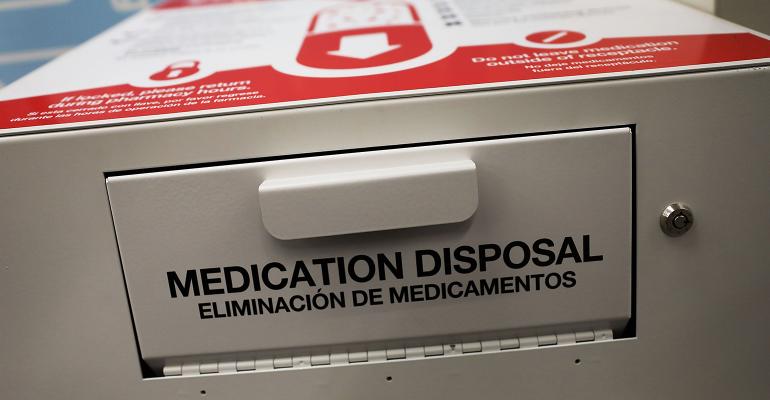Say your client, who’s been taking expensive drugs, dies. The remaining unused drugs are in sealed containers. Or your client is alive and has drugs in unsealed containers that she’s no longer taking.
Are there organizations that will accept those drugs and give them to individuals who need but can’t afford them?
Some pharmaceutical donation and reuse programs provide for unused prescription drugs to be donated and redispensed to patients. As of 2018, 38 states and Guam have enacted laws for donation and reuse.
Operational Programs
Although many states have passed laws establishing these programs, almost half of those states don’t have “operational programs.”
To have an operational program, a state must have participating pharmacies, charitable clinics and/or hospitals collecting and redistributing donated drugs to eligible patients. Some common obstacles are the lack of awareness about the programs, no central agency or entity designated to operate and fund the program, and added responsibility for repository sites that accept the donations.
The National Conference of State Legislatures has a comprehensive report, State Prescription Drug Return, Reuse and Recycling Laws.
For the entire story, go to: ncsl.org/research/health/state-prescription-drug-return-reuse-and-recycling.aspx.
Charitable Deductions
These contributions could qualify. Take the substantiation, valuation, holding period and “related use” rules into account.
© Conrad Teitell 2019. This is not intended as legal, tax, financial or other advice. So check with your advisor on how the rules apply to you.





